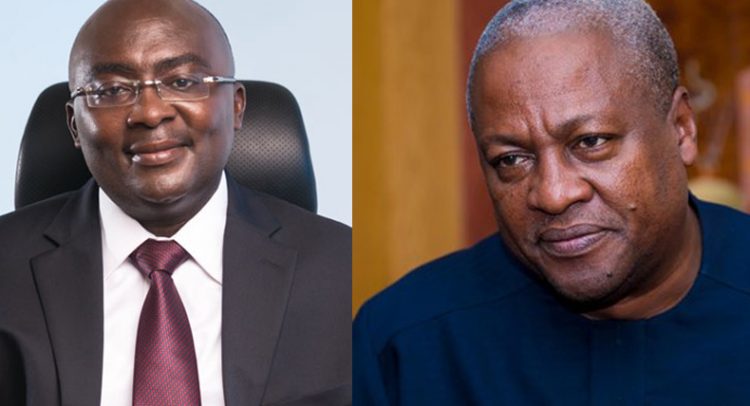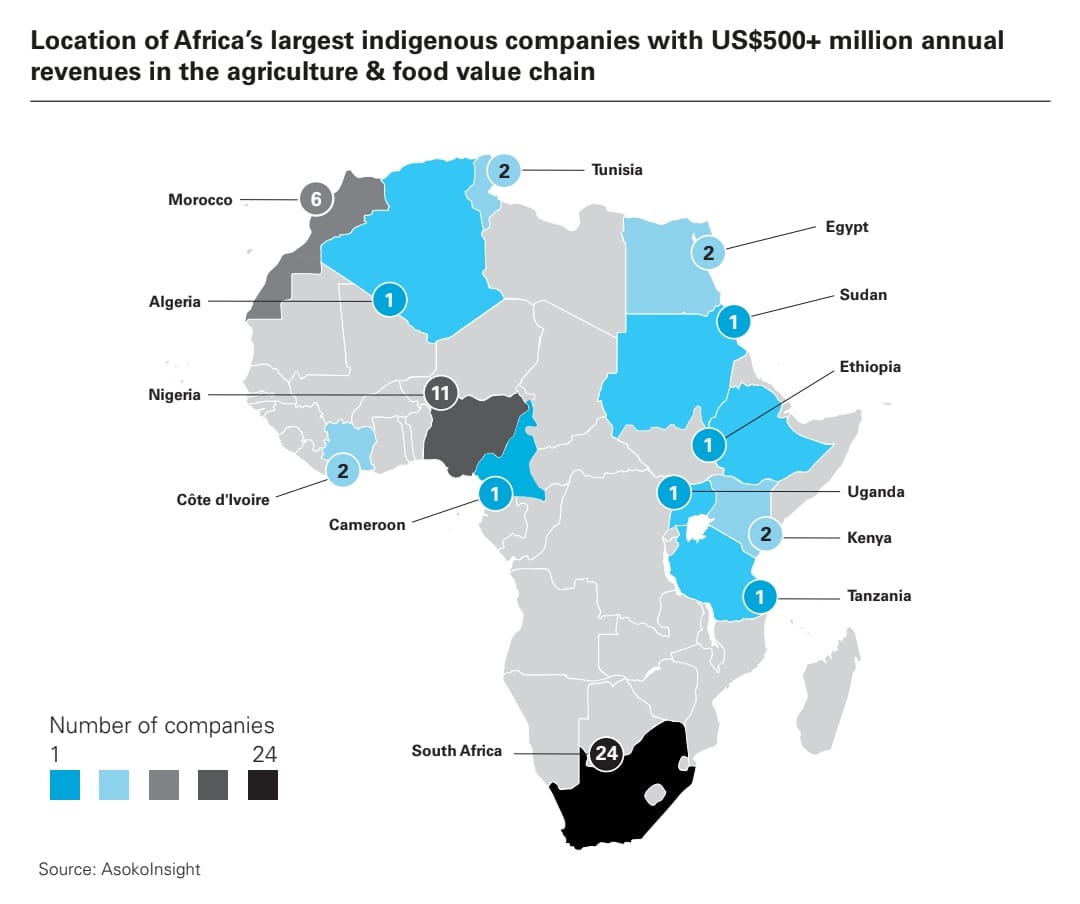
At the United Nations Internet Governance Forum in Riyadh, Shivnath Thukral, Vice President of Public Policy (India) at Meta, shared his insights into the revolutionary role of Digital Public Infrastructure (DPI) in driving global innovation, inclusion, and sustainability.
His discussion underscored DPI’s transformative potential, especially in bridging gaps in socioeconomic development in emerging economies.
“Digital Public Infrastructure is like a national highway built by the government, where private entities drive the innovation,” Mr. Thukral explained. “In India, this basic digital layer allows a billion people to transact using their phones, fostering financial inclusion and driving cashless payments.”
India’s DPI Success: A Blueprint for the World
Thukral pointed to India’s success in leveraging DPI to tackle pressing challenges, particularly during the COVID-19 pandemic.
“India was among the few countries where citizens didn’t need to carry physical vaccination certificates,” he said. “Everything was accessible digitally, thanks to our DPI ecosystem linking health delivery systems with identity layers.”
India’s DPI is built on a foundation of identity (Aadhaar), linked to phone numbers and bank accounts. This structure enables seamless digital transactions, integrating financial systems and reducing barriers for those previously excluded. The result? Enhanced mobility of money and broader inclusion in financial networks.
“DPI amplifies opportunities,” Mr. Thukral emphasized. “It allows governments to focus on creating a strong infrastructure while enabling private companies like Meta to deliver innovative solutions that reach the last mile.”
Meta’s Role in DPI’s Evolution
Meta has been instrumental in harnessing DPI to deliver scalable solutions. Platforms like WhatsApp integrate seamlessly with India’s DPI, enabling users to access government services, make payments, and even download health certificates—all through a familiar app.
“WhatsApp has become an enabler for DPI delivery,” Mr. Thukral said. “For example, during the pandemic, vaccination certificates could be downloaded directly through WhatsApp. It’s about leveraging the tools people already use to make services accessible.”
Thukral also highlighted Meta’s commitment to open-source technologies, which align with the principles of DPI. “Our AI models, like NLLP200 (No Language Left Behind), enable real-time translation of low-resource languages, ensuring that no community is excluded from the digital transformation journey.”
Global Collaboration: A Path to Inclusivity
Mr. Thukral underscored the potential of DPI to foster global collaboration, particularly between countries in the Global South. He cited ongoing exchanges between India and African nations, including Ghana, aimed at exporting India’s DPI expertise.
“Imagine a Ghanaian identity layer linked to phone numbers, like Aadhaar in India,” he suggested. “This foundation could transform sectors like health and banking, delivering services efficiently and transparently.”
According to Mr. Thukral, DPI transcends geopolitical boundaries and fosters resilience. “DPI belongs to the world,” he said. “It ensures that countries are not held hostage to external disruptions, making it a vital tool for sustainable development.”
Challenges in Scaling DPI
Despite its potential, scaling DPI is not without challenges. Security, privacy, and trust between governments and the private sector remain critical concerns. “Meta’s approach to open architecture ensures security is embedded at every level,” Thukral noted. “For example, payments via DPI require two-factor authentication, adding layers of protection.”
Building trust is equally crucial. “As companies, we must demonstrate transparency and engage with regulatory environments,” Thukral said. He cited India’s transparent consultation process for its Digital Protection Act as a model for fostering trust between stakeholders.
DPI as a Force for Peace and Sustainability
Thukral believes DPI can contribute significantly to global peace and sustainability. By enabling transparency and efficient service delivery, DPI fosters good governance and inclusivity. “DPI empowers governments to leapfrog traditional development stages, learning from global best practices,” he said.
He also pointed to the role of AI in bridging digital divides. “AI tools can translate indigenous languages into digital scripts, ensuring that marginalized communities are not left out,” Mr. Thukral explained. “This is particularly relevant in multilingual societies like India, where local language models are being developed to support inclusivity.”
Meta’s Vision for a Connected World
Mr. Thukral’s optimism about DPI’s future is grounded in its ability to transform lives and economies. “Whether it’s delivering financial services, enabling education, or ensuring health access, DPI is a game-changer,” he asserted.
Meta’s open-source philosophy, coupled with its commitment to supporting governments in adopting DPI, positions it as a key player in the digital governance landscape. “We’re not competitors; we’re enablers,” Mr. Thukral said. “Our tools and technologies are designed to complement DPI, ensuring that its benefits reach everyone.”
A Call to Action
As the world grapples with challenges of digital governance, Thukral sees DPI as a unifying solution. “We need platforms like the IGF to share experiences and build case studies,” he concluded.
“DPI is not just a technology; it’s a philosophy of inclusion, innovation, and sustainability. It’s up to us to embrace it and shape a better future for all.”
Through his insights, Mr. Thukral painted a compelling picture of how DPI, coupled with private-sector innovation, can drive meaningful change on a global scale.
As countries like India lead the way, the world has much to learn and gain from embracing this transformative infrastructure.
The post IGF 2024: How DPI is Shaping the Future of Financial Inclusion and Global Connectivity appeared first on The Ghanaian Chronicle.
Read Full Story










Facebook
Twitter
Pinterest
Instagram
Google+
YouTube
LinkedIn
RSS